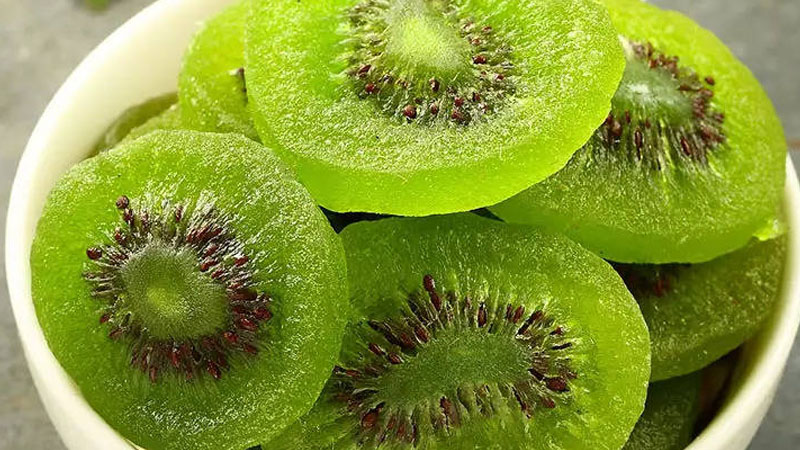The allure of vitamin C among UK consumers is undeniable, with its status as the third most popular supplement, trailing only behind vitamin D and multi-vitamins. This widespread admiration for vitamin C is backed by its profound health benefits, primarily derived from its antioxidant properties found abundantly in fruits and vegetables.
As an antioxidant, vitamin C plays a crucial role in safeguarding our cells from the detrimental effects of metabolic by-products and environmental pollutants like pollution. Beyond its protective functions, vitamin C is pivotal in the maintenance of vital body components such as bones, cartilage, skin, and blood vessels. Its significance extends to facilitating wound healing and bolstering the immune system.
Emerging research even hints at its potential to ward off depression, enhance cardiovascular health, and decelerating cognitive decline during the aging process. Given that the human body neither produces nor stores vitamin C, daily intake is essential. However, the efficacy of obtaining vitamin C through supplements as opposed to natural food sources is a subject of debate.
A notable study published in the British Journal of Nutrition revealed that individuals consuming vitamin C-rich kiwi fruit exhibited more pronounced improvements in mood, sleep, and activity levels over a four-day period compared to those taking supplements, who only experienced slight mood enhancements after 12 days.
Clare Thornton-Wood, a dietitian and spokesperson for the British Dietetic Association, advocates for acquiring vitamin C from food sources to benefit from a broader spectrum of nutrients such as fiber, vitamins, minerals, and phytochemicals absent in supplements. In the UK, the recommended daily allowance (RDA) for vitamin C is set at 40mg, achievable through the consumption of a large orange, a benchmark established in the 1940s to prevent scurvy.
However, some nutrition experts argue for a higher RDA of up to 200mg to unlock substantial health benefits, noting that the US RDA already exceeds the UK’s at 90mg for men and 75mg for women. Since vitamin C is water-soluble, excess amounts are excreted, posing little risk unless intake surpasses 1,000mg, which can lead to gastrointestinal discomfort and a heightened risk of kidney stones.
The method of food preparation also significantly impacts the retention of vitamin C; boiling can result in a loss of up to 50% of the vitamin content. Dietitian Nichola Ludlam-Raine recommends opting for fresh, frozen, or canned produce to maximize nutrient preservation, cautioning against boiling or baking, and suggesting cooking techniques like stir-frying or steaming instead. This comprehensive understanding of vitamin C’s benefits, optimal sources, and preparation methods offers a roadmap to harnessing this vital nutrient’s full potential for health and wellness.
To find the vitamin C you need, use our guide for some of the best — often surprising — sources.
Chestnuts
Spam Lite
Yellow pepper
Fresh lemonade
Tomato soup
Mussels
Baobab powder
Cauliflower rice
Baked red potato
Mango sorbet



